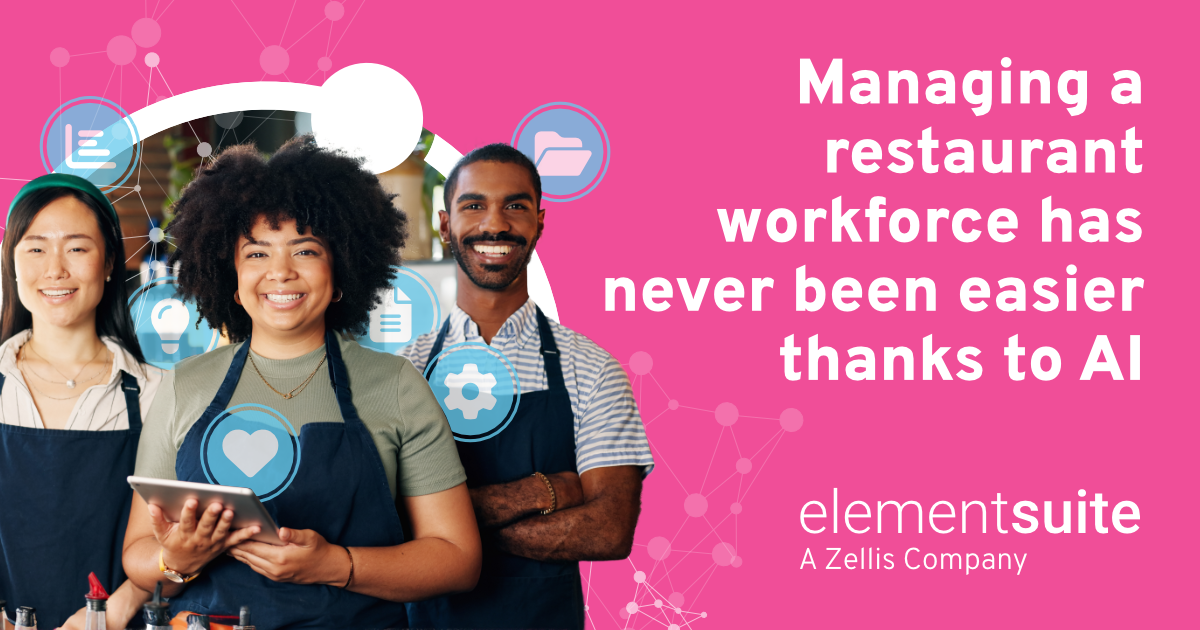Four ways learning through gamification can help operators improve team engagement and productivity
Gamification in learning and training is fast emerging as an effective technique to engage employees. It has found its place within educational sectors for many years, but is now branching out across industries to create immersive learning experiences for on-going training and learning requirements.
The rise of ‘gamification’
‘Gamification’ is essentially a learning method incorporated with elements of game playing such as point scoring, and is typically used as a technique to encourage team engagement and learning. We refer to this trend as the ‘Candy Crush effect’, and the rise of gaming in recent years can’t be ignored.
Modern technology and having everything at our finger tips at all times has taken a front seat in everyday life – and now operators must look to implement interactive learning strategies. The engagement levels and entertainment values of ‘games’ can motivate users to start and complete tasks that may be viewed as ‘mundane’. It not only engages employees in a creative way, but put’s the learning back in their hands, and at their own pace.
Implementing digital platforms that assist with team learning is a no brainer for an operator. Admittedly, a great deal of learning and training in hospitality is achieved ‘on the ground’. However, for the likes of compliance, inductions and health and safety that are more labour and time intensive, gamification is an effective method of training that helps bridge those gaps.
In hospitality employers are typically going to see a mix of workers through the door: some who want to remain in the industry and progress, and others where it’s a relatively short-term employment plan. This form of learning puts them in control of their development and allows them to make the choice of how and when they want to progress.
So what are the benefits?
- Team members feel valued
Implementing digital HR learning and development platforms that are ready for team members to access before their start date can reap many rewards for both the operator and team member. Early access to company information and training information ensures new recruits feel valued and invested in, as well as helping time-poor operators who may not have the time to train new members across all levels. It also provides a paperless form of training, traditionally new starters are presented with hefty printed documents and realistically not many individuals will make their way through them. Therefore, presenting information in an interactive digestible way is key.
For managers it enables accurate and unbiased data and information about employees, whilst providing a single source for performance tracking needs.
- Better learning experience
The user can experience a more fun and interactive form of training through visuals and ‘games’ whilst still learning – this in turn ensures higher engagement levels. Additionally, having a gamification and interactive strategy in place leads to higher team retention levels, which is a real advantage for hospitality operators in a typically high turnover industry.
It’s no surprise that younger generation spend a lot of time glued to screens. Market Watch reported in 2017 that millennials are spending over five hours a day looking at their phones. Therefore, an operator must ask “how do I reach these employees?”, and offering app based solutions that are available to users anytime, anywhere is only going to increase engagement, productivity and motivation levels.
- Recognition
It’s important to never underestimate how important recognition is for the happiness and engagement of employees. Gamification can provide instant feedback and gratification – giving the feeling that employee performance is valued, appreciated and tailored to the individual’s development path.
Learning through gamification means users can build up points, be rated on leader boards and also receive rewards through the system. It not only adds a bit of healthy competition amongst team members, but puts the learning/training into the hands of the team member.
Recognition can be small, but can go a long way with an employee. It sends the message that hard work is worth rewarding. This in turn, makes the individual feel that they are making a difference. Recognition benefits for an operator are endless, from higher retention levels, boosted morale, increased loyalty, higher productivity and better customer satisfaction. Essentially, if teams are happy, so are the customers.
- Control and empowerment
The point of ‘gamification’ is that it should not feel compulsory or forced. Giving team members the power and choice to utilise the functions will see better success and usage. Creating options and allowing employees to use and engage with the platform of their own accord, creates more meaningful engagement and motivation. Putting learning into the hands of employees not only allows them to progress at their own pace, but empowers and encourages them to develop themselves.




